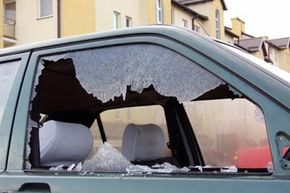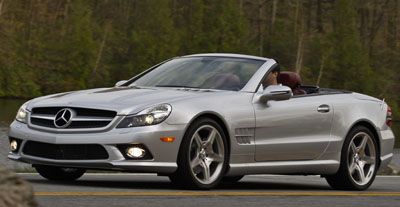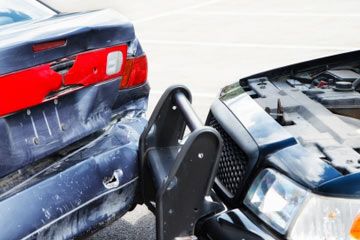A person can insure just about anything these days: rental property, a flight to Mexico, Kiss frontman Gene Simmons' tongue [sources: Folger, Investopedia]. You can even take out a policy on Fido the golden retriever if so inclined.
For car owners (and leasers), collision insurance is arguably the most important kind of coverage and in many states is required by law. This coverage, however, is limited to physical injuries and damage caused as the result of an accident. Anyone who has parked a car on a city street, in a flood zone or within range of egg-flinging teenagers likely knows that there are many other ways a car can be damaged. That's where comprehensive auto insurance comes in.
Advertisement
Comprehensive auto insurance covers damage caused by incidents other than a car accident, including theft, fire, vandalism, weather, falling objects and animal damage. It isn't required by law, but it may be a good idea depending on the value of the car you're driving. In fact, drivers of leased or financed cars are often required to obtain this insurance in order to protect the car owner or lender's investment. Although separate from collision insurance, a driver must typically have collision insurance in order to be able to purchase comprehensive coverage [sources: Allstate, Maine Bureau of Insurance].
The cost of comprehensive coverage depends largely on the deductible amount, which commonly ranges from $250 to $1,000. A higher deductible means that the driver will have to cover more of any damages before the insurance coverage kicks in, but also lowers the overall premium. Increasing the deductible from $200 to $500, for instance, can reduce premiums by 15 to 30 percent [source: Kiplinger]. Of course, a person who opts for a higher deductible will want to be sure that he or she can pay it in the event that the car is damaged and should weigh upfront premium savings against a higher deductible on the back end.
The type of car insured can also affect the comprehensive coverage rate: a make or model that has a high number of claims or high repair costs will result in a higher premium. A vehicle with safety features like an authorized anti-theft protection, however, may be eligible for a discount [source: Kiplinger].
So is comprehensive auto insurance right for you? Read on for important information that can help you decide.
Advertisement



